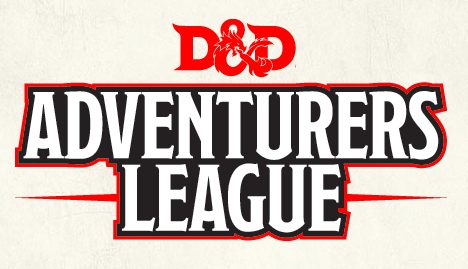
Having set up a world with practically limitless storytelling possibilities with 2012’s Libriomancer, it seems like it would have been relatively easy for author Jim C. Hines to settle his characters into a series of stable, episodic “magic-detectives-versus-the-monster-of-the week” books.
This summer’s sequel, Codex Born, does open with a new mystery for Isaac Vainio — the librarian with a talent for reaching into books and bringing objects into reality — and his friends, but it’s clear from chapter one that Hines isn’t settling for stable predictability. He’s taken the people, ideas, and history developed in Libriomancer and pushed them all into fantastic new territory. As a result, Codex Bornworks as its own straight-up story, but Hines’ exploration of deeper threads — both ancient and modern — give the book a definite mid-saga feel. (Hines has a five-book arc planned. The third book is tentatively titled Unbound.)
Codex Born finds Isaac and his allies — including his dryad girlfriend, Lena Greenwood — investigating the murder of a wendigo in a remote corner of Michigan. And while that would make for a fine enough urban fantasy story — what with the werewolf team-ups and Isaac Asimov’s chronoscope, and swarms of steampunk metal bugs and all — what it really does is open the door on a much bigger tale, and a much older plan. Turns out there’s far more to the history of libriomancy than Gutenberg would have his Porters believe, and there’s likely a full-on magical war brewing.
Layered into Codex Born is a second tale: Lena’s origin story, revealed through a series of chapter-opening flashbacks, mostly told in first-person narrative form from Lena’s point of view. As her role grows in the series, it feels completely appropriate. (That she’s on the cover instead of Isaac this time around is no accident.) The history and character aspects revealed here come into play in the book’s present-day happenings, and I really liked Hines’ approach, as opposed to presenting us with a a stand-alone digressive chapter about Lena.
One of the most enjoyable things about Hines’ approach to this book is his willingness to question, explore, and expand his own world-building and the libromancy rules he created. Why can’t libriomancers use e-readers? Hm. Maybe some can. What unique abilities would a libriomancer with an appreciation and affinity for poetry have? Let’s find out. Hey: There were books waaaaay before Gutenberg — did they inspire magic users? What were they like? Oh, man, here we go!
I can’t see how any fan of Libriomancer would be anything less than thrilled with the follow-up, and the promise it brings for the rest of the series.
Disclosure: DAW Books provided a copy of Codex Born for this review.




